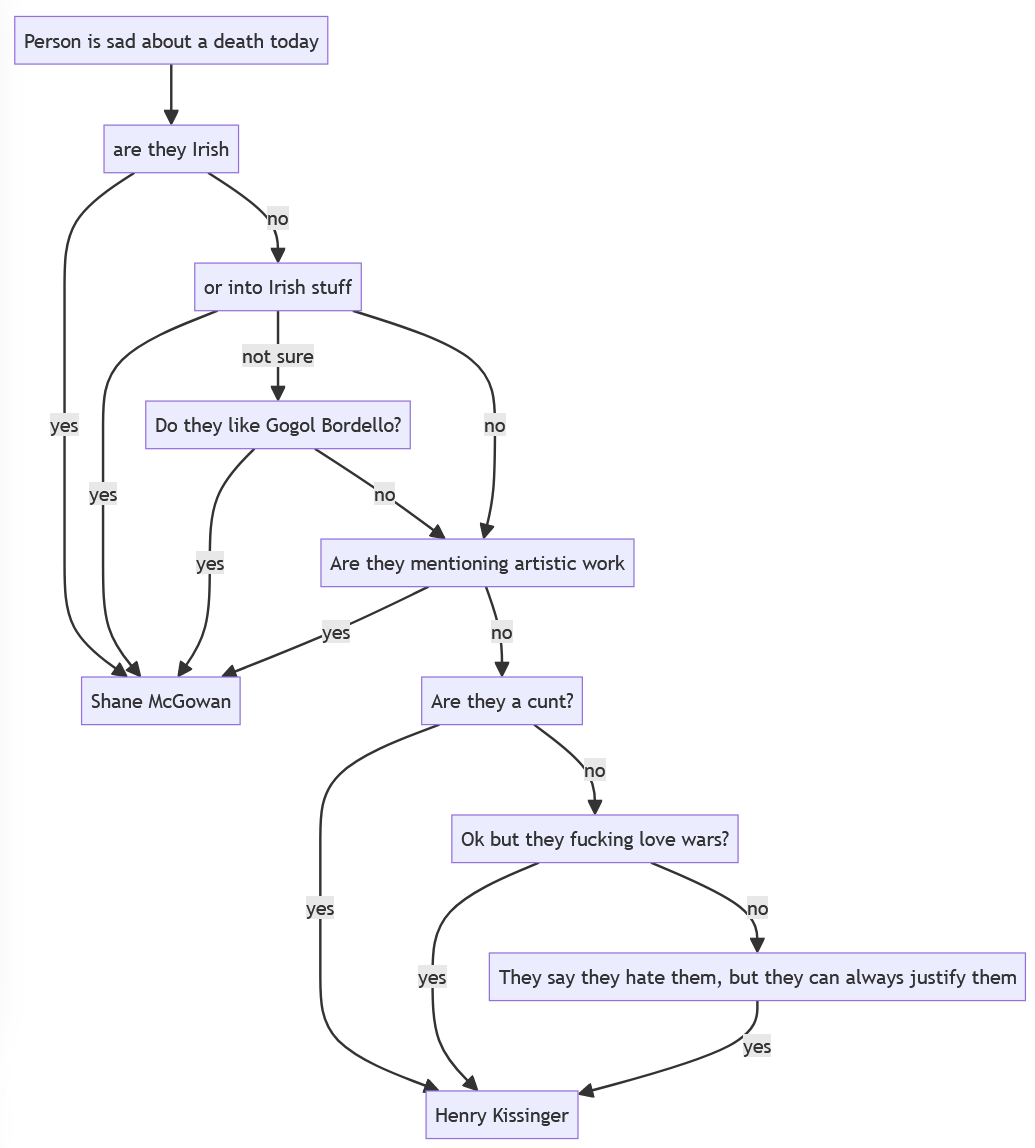There were reports (claims I suppose) that the fsb were using telegram to organise the stochastic gig job sabotage across Europe
No no, reports: https://www.msn.com/en-in/news/world/russia-uses-telegram-to-recruit-spies-and-saboteurs-in-europe/ar-AA1xshqO
Does what has been found here shed any more light on that?
Not really/not directly, I would say. What you are describing is FSB using Telegram for recruitment. That does not require network-level observability and surveillance. That's a different "feature", so to speak.

Soatok. At least get the name right.
Which also happens to be the simplest thing you could have done, even simpler as none of the toots you quote were addressed to you. Instead, you are dragging this one random exchange into this thread about something else entirely.